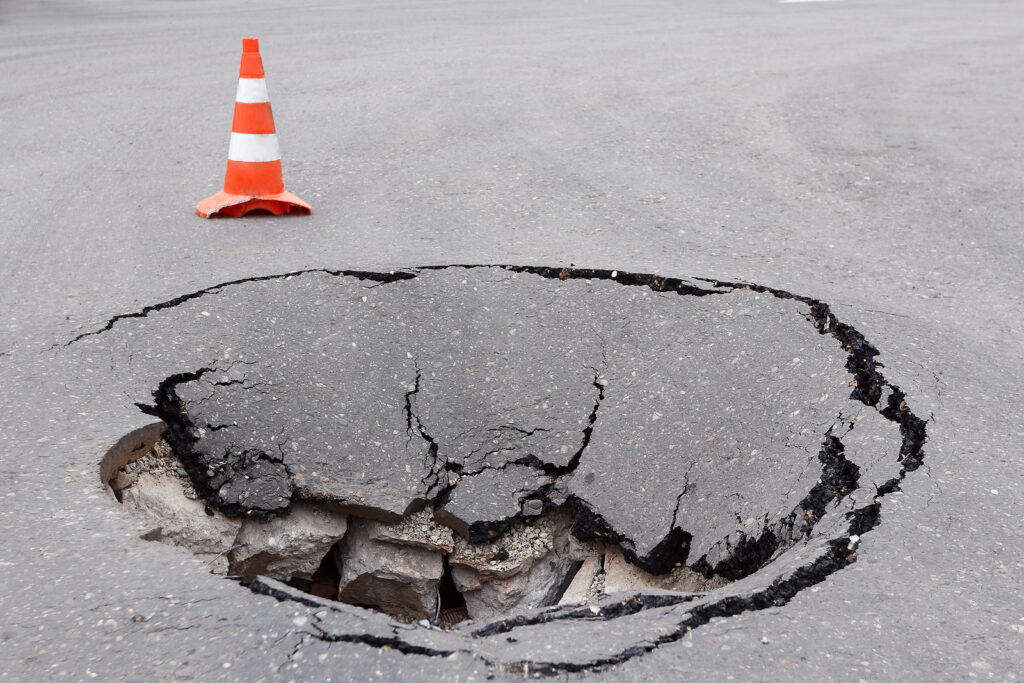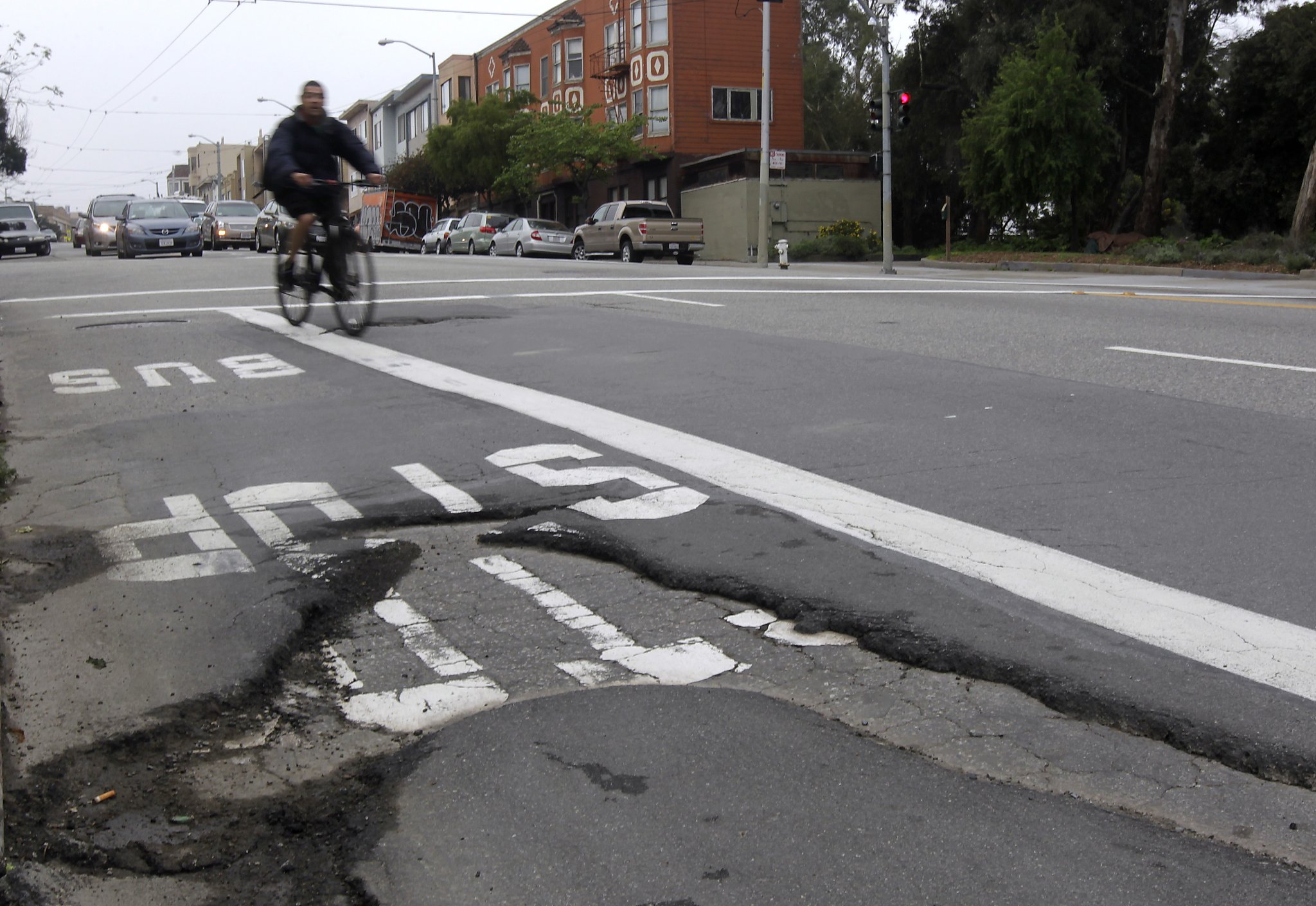Poorly maintained roads are a significant issue in many parts of the United States, and their negative effects are disproportionately felt by low-income drivers. These individuals often rely heavily on their vehicles for daily transportation, yet they face greater financial burdens due to the costs associated with driving on damaged and deteriorating roads.
This article explores how poorly maintained roads impact low-income drivers the most, focusing on aspects such as vehicle repair costs, safety concerns, and limited access to alternative transportation options.
One of the most direct ways in which poorly maintained roads affect low-income drivers is through increased vehicle repair costs. Potholes, cracks, and uneven surfaces can cause significant damage to a vehicle’s tires, suspension, and alignment.
For low-income drivers, the cost of repairing these damages can be a substantial financial burden, as they may not have the disposable income to cover unexpected expenses.
Furthermore, frequent repairs can lead to a cycle of debt, making it even more challenging for low-income individuals to maintain their vehicles and continue using them for essential activities such as commuting to work, attending school, or accessing healthcare.
Also Read: AI Ethics and Self-Driving Cars Shape Government and Business Decision Making
Safety concerns are another critical issue for low-income drivers going through poorly maintained roads. Driving on damaged roads increases the risk of accidents, as drivers may lose control of their vehicles or need to make sudden maneuvers to avoid hazards.

Low-income drivers, who may already be driving older, less reliable vehicles, are at a heightened risk of experiencing accidents due to road conditions. Additionally, the cost of insurance premiums can rise after an accident, further straining the financial resources of low-income drivers.
Limited access to alternative transportation options exacerbates the impact of poorly maintained roads on low-income individuals. In many areas, public transportation may be inadequate or nonexistent, leaving driving as the only viable option for getting around.
For low-income drivers, the lack of reliable public transit means they have no choice but to endure the financial and safety challenges associated with driving on poorly maintained roads. This reliance on personal vehicles can trap individuals in a cycle of poverty, as they are forced to allocate a significant portion of their income to vehicle-related expenses.
The economic implications of poorly maintained roads extend beyond individual drivers to the broader community. For low-income neighborhoods, deteriorating road infrastructure can hinder economic development and limit access to essential services.
Businesses may be less likely to invest in areas with poor road conditions, reducing job opportunities and economic growth. Additionally, residents may have difficulty accessing healthcare, education, and other vital services, further perpetuating cycles of poverty and inequality.
Environmental concerns also play a role in the impact of poorly maintained roads on low-income drivers. Damaged roads can lead to increased vehicle emissions, as drivers must frequently brake, accelerate, and going through around obstacles.
This inefficiency contributes to higher fuel consumption and greater environmental pollution. Low-income communities, which are often located near major roadways and industrial areas, are already disproportionately affected by environmental hazards. The additional pollution from poorly maintained roads further exacerbates the health and environmental challenges faced by these communities.
Also Read: 10 Best Electric Cars Launching Soon That Will Transform the Auto Industry

